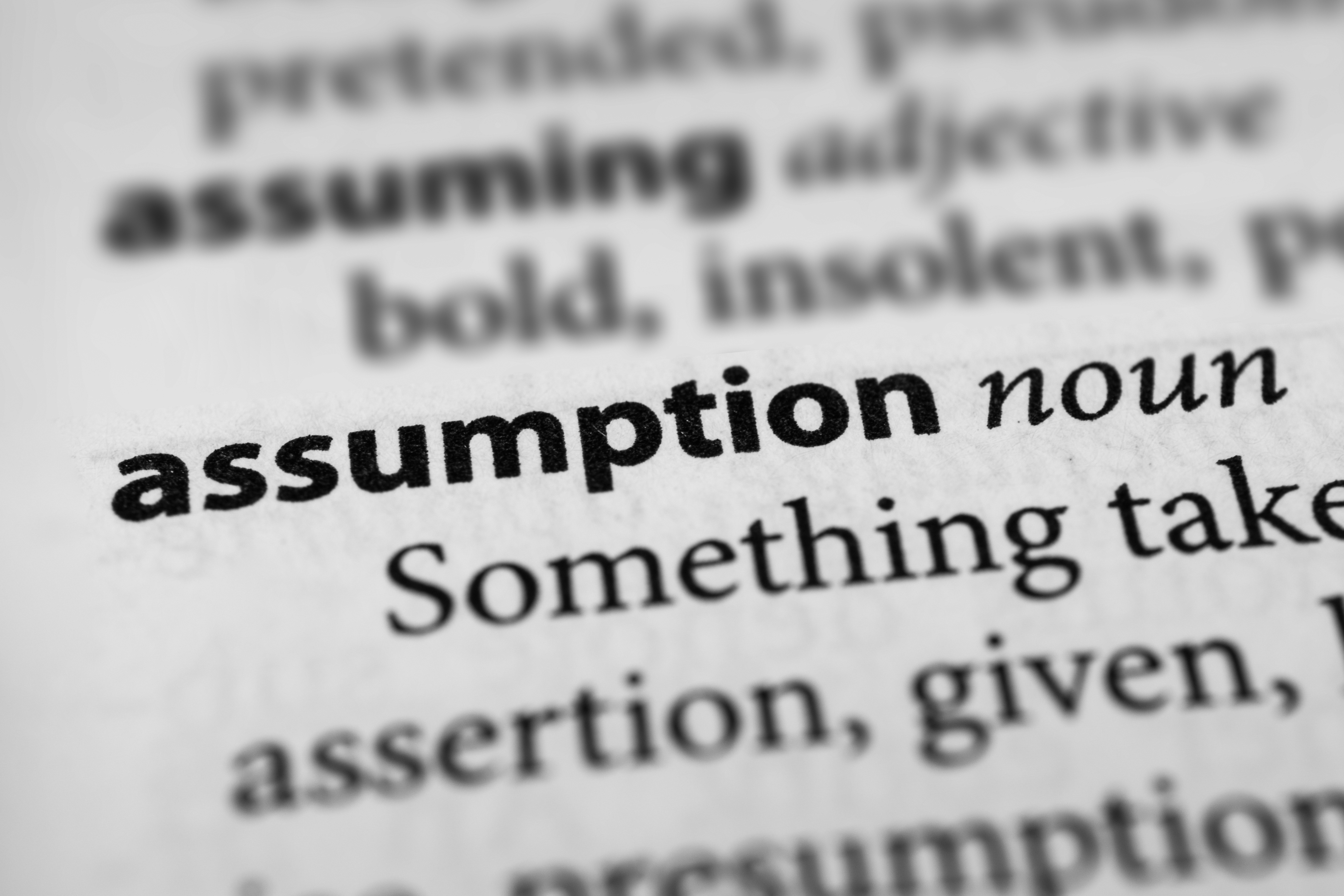Governor Newsom and the California Air Resources Board (CARB) are not on the same page, which spells real trouble for the state’s long-term energy transition plan.
CARB’s 2022 Scoping Plan Update outlines the state’s path to achieving its carbon neutrality and emission reduction goals. It estimates California will reduce oil production from 150 million barrels per year today to 97 million barrels per year in 2045, a modest decline of 1.7% per year.
Following the path estimated by CARB would allow California to achieve carbon neutrality AND cover more of its full oil demand through in-state production in 2045, eliminating the need for more foreign oil imports as the state transitions to an all-electric energy economy.
The problem? CARB’s estimates don’t align with Newsom’s ongoing crusade against California’s oil companies.
As we’ve pointed out before, Newsom is intent on pushing California beyond its energy realities, no matter the cost or consequence for consumers and businesses. The governor has worked tirelessly to shut down local oil production as quickly as possible, forcing the state to depend even more heavily on foreign oil imports.
Over the past four years, Newsom’s policies have led to a 29% decline in in-state oil production. Over the past year alone, production is down 11.7% – nearly seven times the rate CARB estimates in its Scoping Plan.
The disconnect between CARB and Newsom is important, as it will lead California to cut production far faster than the state is projected to cut consumption over the opening stages of the energy transition. At current decline rates, annual in-state production will fall below 97 million barrels by 2026 – a full 19 years earlier than suggested by the Scoping Plan.
“Advance too slowly, and the state won’t hit its targets. Retreat too hastily from oil and gas, and millions of low-income residents who will continue to rely on it stand to be harmed, experts warn.”
Newsom’s frantic rush to cut production and refining capacity will do nothing to end California’s need for oil. Rather, it will only leave consumers and businesses increasingly vulnerable to supply disruptions and price spikes as the state competes for imports in volatile foreign energy markets.
As UC Berkeley energy economist Severin Bornstein told the Bee:
“When you restrict supply and prices go up, the people who are hurt the most are low-income. So, it’s really inequitable, and that’s something we have to take seriously.”
The Scoping Plan states that successful implementation of California’s transition to a carbon-neutral economy by 2045 will solidify the state as a climate leader and spur other jurisdictions to follow.
Why is Newsom trying to undermine that carefully planned transition with reckless shutdown policies?


